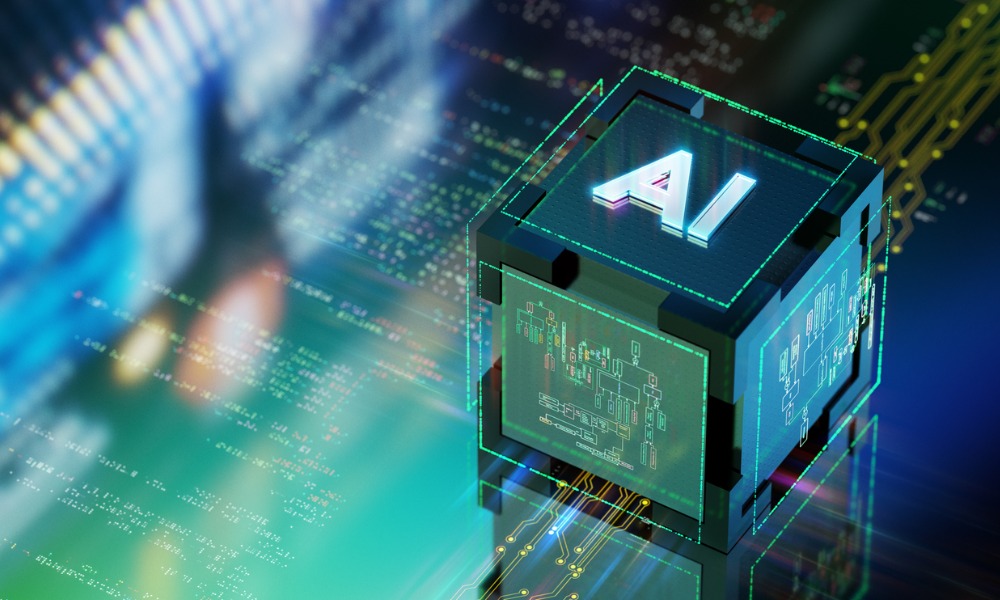
Skills development 'crucial for workers to keep up with rapidly changing landscape of work'

There is a need for employers to provide workers with the training necessary for them to successfully use generative artificial intelligence (GenAI) at work, finds a recent survey.
Overall, 43% of U.S. workers worry that another employee with better GenAI skills could replace them in their role in the next year, reports global learning technology company D2L.
More than half of Generation Z workers (52%) and 45% of millennials are worried about this, compared to just 33% of Generation X workers.
And almost 40% of all respondents feel their employers aren’t prioritizing AI professional development opportunities.
"What this new data suggests is that there's an opportunity for employers to help workers better prepare themselves for the future and to give people the confidence that they can continue to make a meaningful contribution in their roles," says Dr. Sasha Thackaberry, VP of Wave at D2L. "Skills development – whether it's on using generative AI more efficiently, or simply upskilling to stay ahead of change – is crucial for workers to keep up with the rapidly changing landscape of work."
Canadian employers in the information technology (IT) space are increasingly tapping into the resource that is AI, according to a previous IBM report.
With the changes that GenAI is bringing to the world of work, 60% of respondents say they want to use AI tools more frequently over the next 12 months, according to D2L’s survey of 3,000 respondents in the U.S.
And around a quarter of both Gen Z (26%) and Millennial (24%) respondents say they plan to enroll in anywhere from six to 10 courses over the next 12 months. By contrast, only 12% of Gen X respondents say the same.
“We think of AI as on this bleeding edge when it’s already been here and reshaping work in meaningful ways,” says Matt Sigelman, president of the Burning Glass Institute. “That says that this set of skills is going to be increasingly critical to defining jobs, to defining people’s readiness for work and to defining which companies and organizations are most ready for work.”
With the growing use of AI in the workplace, businesses that provide training on how to effectively use these tools may avoid creating “unnecessary skills gaps,” according to Karoi Clarkson, D2L content marketing manager. Instead, they’ll develop staff who are “confident and comfortable” using them.
Recently, the World Economic Forum (WEF) reported that upskilling and development will be "key in the coming years to ensure an equitable future of work."
Denis Machuel, CEO of Adecco Group, also calls on employers to upskill workers in the area of GenAI.
“As companies move from a honeymoon period of experimentation in 2023 and adopt the technology in earnest in 2024, it is imperative that companies and their leaders are up to the job of delivering on genAI’s huge potential,” he says via WEF. “Employers must chart a clear course, offer the chance to upskill and make sure everyone shares in this next technological leap.”